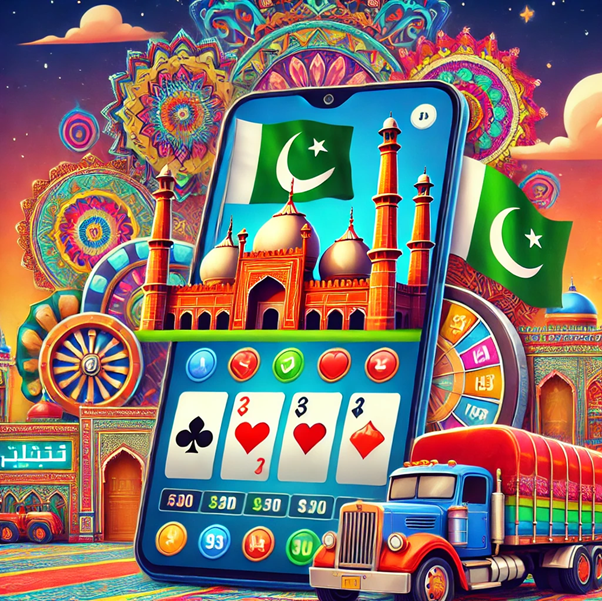Card games have followed people through centuries of change. The rules shifted. The decks shifted. The ways people gather have definitely changed (significantly in recent years). Yet one thing has stayed steady. Players want variety.
They want new twists and new paths inside games they already know. That search shapes both traditional casino tables and the fast-moving worlds of digital card battles.
Variety in Casino Card Games
Casino card games show this trend clearly. Blackjack is a simple game at heart. Two cards. A target of twenty-one with a dealer on the other side of the felt.
Yet even blackjack has branched out into all sorts of ideas. Some versions use side bets with extra actions. Others adjust the payout structure or introduce bonus rounds. The core stays the same, and the tone changes in each variant.
The fact that people play blackjack online casino now more than ever means that the impacts of the internet have been made obvious.
Online casinos pushed variety even further. New games appear often. Some follow classic blackjack closely. Some don’t. They may add features like special jackpots or extra decisions during a hand.
Players who want calm sessions stay with the familiar. Players who want action bounce to modern versions with different mechanics. The industry keeps creating because the demand stays high and the tools to develop new tables get better each year.
People also look to find new ways to play and stories/tips from other players. These have become easy to find online.
This wave of change shows up in other casino titles. Poker has more formats now than ever. Video poker created a personal version of the game. Short-deck poker shook the structure of the deck itself.
Fast-fold modes like Zone Poker changed the flow by cutting downtime. These shifts keep the card side of casinos fresh. They also prove that card games can evolve without losing their roots.
More Card Games
Step outside casinos and the same trend appears. Other card games lean heavily on variety. Players in these spaces often build decks in ways that say something about how they like to think or attack the opponent.
The structure of the game supports that freedom.
Magic: The Gathering set the tone early. Deck building became both an art and a puzzle. A player could follow a known strategy or create a strange experimental setup or crossover cards.
New sets dropped year after year – each one opened new styles of play. Cards interacted in fresh ways. Some appealed to slow thinkers. Some suited quick pressure tactics. Magic showed how wide a single card game can stretch.
The game has even evolved into video games that are available for people to play in a different way.
Later came the rise of digital arenas built for fast matches. League of Legends may not be a pure card game – but its card-based spin-offs and deck modes proved how deeply players enjoy variation.
Different champions created different strategies. Each patch could shift the entire landscape. It meant no two seasons felt the same. Digital card systems could support huge pools of options and then reshape them with each update.
The world of online card battles grew even bigger with collectible card games on phones and tablets. Decks changed quickly as new expansions dropped. The meta shifted.
Players adapted while competitive ladders pushed players to explore fresh builds. Everything fed that hunger for many ways to play.
The Need For Choice
Card games thrive when they stay flexible. People come in with different moods and different skill levels. One person may love complex lines of play. Another may want a calm game that doesn’t demand intense focus.
Variety helps both feel welcome.
Technology supports this more than ever. Developers can launch small updates that change how certain cards behave. Casino platforms can roll out new blackjack tables or unique poker modes without huge gaps between releases.
A designer with a strong idea can push it into the world faster than at any point in gaming history.
Players also expect more choice now. Games sit on devices and cloud platforms without physical cards being needed. Someone might grab a quick blackjack session on a tablet, then load a card battle game later that night on a PC.
Both games may come from the same desire. The desire to have options and different ways to choose to play.
Variation Keeping Things Fresh
Card games grow because they adapt. Blackjack shows how small changes can add new flavor without breaking the core idea. Poker shows how new formats can bring new energy. Magic shows how deep strategies transform with each wave of new cards.
League of Legends shows how card-like systems can evolve inside larger games.
This constant shift doesn’t erase tradition. It keeps the tradition from freezing. A card game can stay true to its heart while offering new branches. It can stay familiar and still change shape.









— تعليقات 0
, ردود الفعل 1
كن أول من يعلق